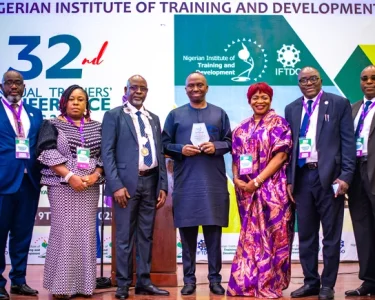A new solution that enables rapid capture of suspects’ biometric data-and accurate matching against central database and watchlists has been deployed in Uganda.
The Electronic LiveScan technology will be deployed in police stations and courts across the country and the Police will also be using it to trial Mobile ID for ‘anytime, anywhere’ biometric identification.
These biometric solutions will enable the police force to better solve crimes through the electronic collection, storage and processing of fingerprints, palm prints and facial captures
The technology is from Gemalto will be deployed along with the subject’s mugshot and biographical data. Its local partner ISSUL will assist in the installation, project support and maintenance.
CABIS will enable the police to map distinct characteristics in fingerprints, palm prints and face images and use these to accelerate the matching process. In addition, client tools help forensic specialists to confirm identities and establish robust evidence that will aid conviction of guilty individuals.
Uganda Police Force will be also trialing Gemalto Mobile Biometric Identification solution, which helps officers capture individuals’ fingerprints using a convenient mobile device. Biometric information is securely submitted to the CABIS over-the-air with matches relayed back to the officer directly via the handset.
“Reliable biometric data is an extremely powerful tool for identifying individuals and bringing offenders to justice,” said Muhirwa Rogers, Police Undersecretary for the Uganda Police Force. “Investment in Gemalto CABIS and LiveScan technology is the latest step forward in the modernization not just of Ugandan law enforcement, but our wider homeland security infrastructure.”
“Gemalto CABIS, LiveScan and Mobile ID technology reinforce the efforts of Ugandan police to tackle crime,” said Tommi Nordberg SVP, EMEA Government Programs for Gemalto. “Highly scalable and interoperable, our solutions not only meet the current requirements of the Ugandan authorities, but can grow and develop in line with their future demands.”
Maureen Akello, Kampala



